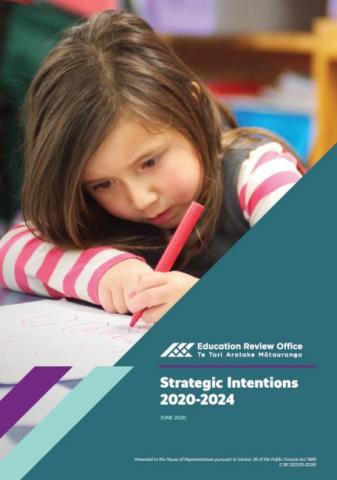Learning in a Covid-19 World: Supporting Secondary School Engagement
Published: 19 Jan 2021
This report explains strategies for supporting secondary students’ engagement during the Covid‑19 pandemic. These strategies include re-engaging students who present with wellbeing concerns or show signs of disengagement. The report also includes some innovative actions schools used to promote student engagement after the first lockdown in 2020.
- Audience:
- Education
- Schools
- Content type:
- Research
- Topics:
- COVID-19
- Secondary
- Engagement
- Te Ihuwaka | Education Evaluation Centre









